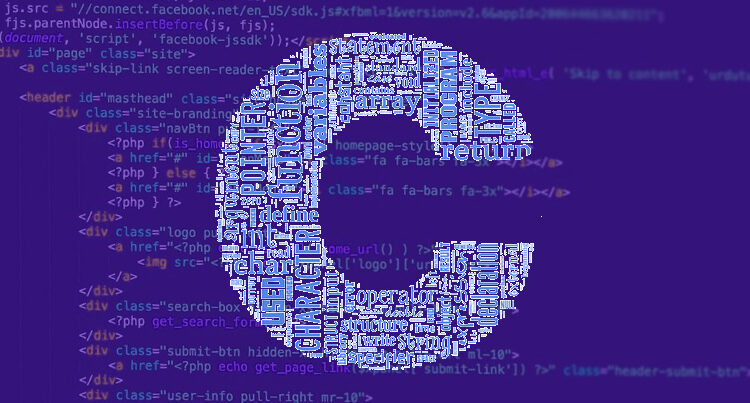
C is a general-purpose programming language created by Dennis Ritchie at the Bell Laboratories in 1972.
The C Programming course provides a strong foundation in one of the most influential programming languages, known for its power, efficiency, and flexibility. Throughout the course, you’ll explore core programming concepts such as data types, control structures, arrays, functions, pointers, structures, and file handling. Hands-on projects and practical assignments ensure a deep understanding of logic-building and problem-solving techniques, enabling you to write clean, efficient, and optimized code. Ideal for beginners and aspiring software developers, this course serves as a stepping stone towards mastering advanced programming concepts and exploring further technologies like embedded systems, software development, and application programming.

🖥️ C PROGRAMMING – SYLLABUS
Module 1: Introduction to Programming
- History of C language
- Introduction to Programming Concepts
- Algorithms and Flowcharts
- Compilation and Execution Process
- Setting up Development Environment (IDE)
Module 2: Basic Concepts of C
- Structure of C Program
- Variables and Data Types
- Constants, Keywords, Identifiers
- Operators and Expressions
- Input and Output Functions (
printf,scanf)
Module 3: Control Statements
- Decision-making (if, if-else, nested if, switch-case)
- Looping Structures (for, while, do-while)
- Break and Continue statements
- Nested loops and conditional statements
Module 4: Arrays and Strings
- Introduction to Arrays
- One-dimensional and Multi-dimensional Arrays
- Array Operations and Applications
- String Handling (
gets,puts, string functions) - Character arrays and pointers
Module 5: Functions in C
- Basics of Functions
- Function Declaration, Definition, and Calling
- Types of Functions (User-defined, Built-in)
- Parameter Passing (Call by Value, Call by Reference)
- Recursion and Recursive Functions
Module 6: Pointers
- Pointer Fundamentals
- Pointer Arithmetic
- Pointers and Arrays
- Pointers and Strings
- Dynamic Memory Allocation (
malloc,calloc,free)
Module 7: Structures and Unions
- Defining and Using Structures
- Array of Structures
- Nested Structures
- Unions (Differences from Structures)
- Typedef and Enumerations
Module 8: File Handling
- Basics of File Operations
- File Opening Modes
- Reading and Writing Data to Files
- Error Handling in Files
- Random Access Files
Module 9: Preprocessor Directives
- Macros and Preprocessor Commands
- Conditional Compilation (
#if,#ifdef,#ifndef) - Header Files and Libraries
Module 10: Advanced Concepts
- Introduction to Data Structures (Linked Lists, Stacks, Queues)
- Bitwise Operations
- Command-line Arguments
- Basic Debugging Techniques
🕒 Duration: Typically 1-3 Months (depending on the course intensity and structure).
🎯 Outcomes:
- Solid understanding of C programming fundamentals
- Ability to write efficient and error-free code
- Readiness for learning advanced programming languages and concepts
- Practical problem-solving and logic-building skills